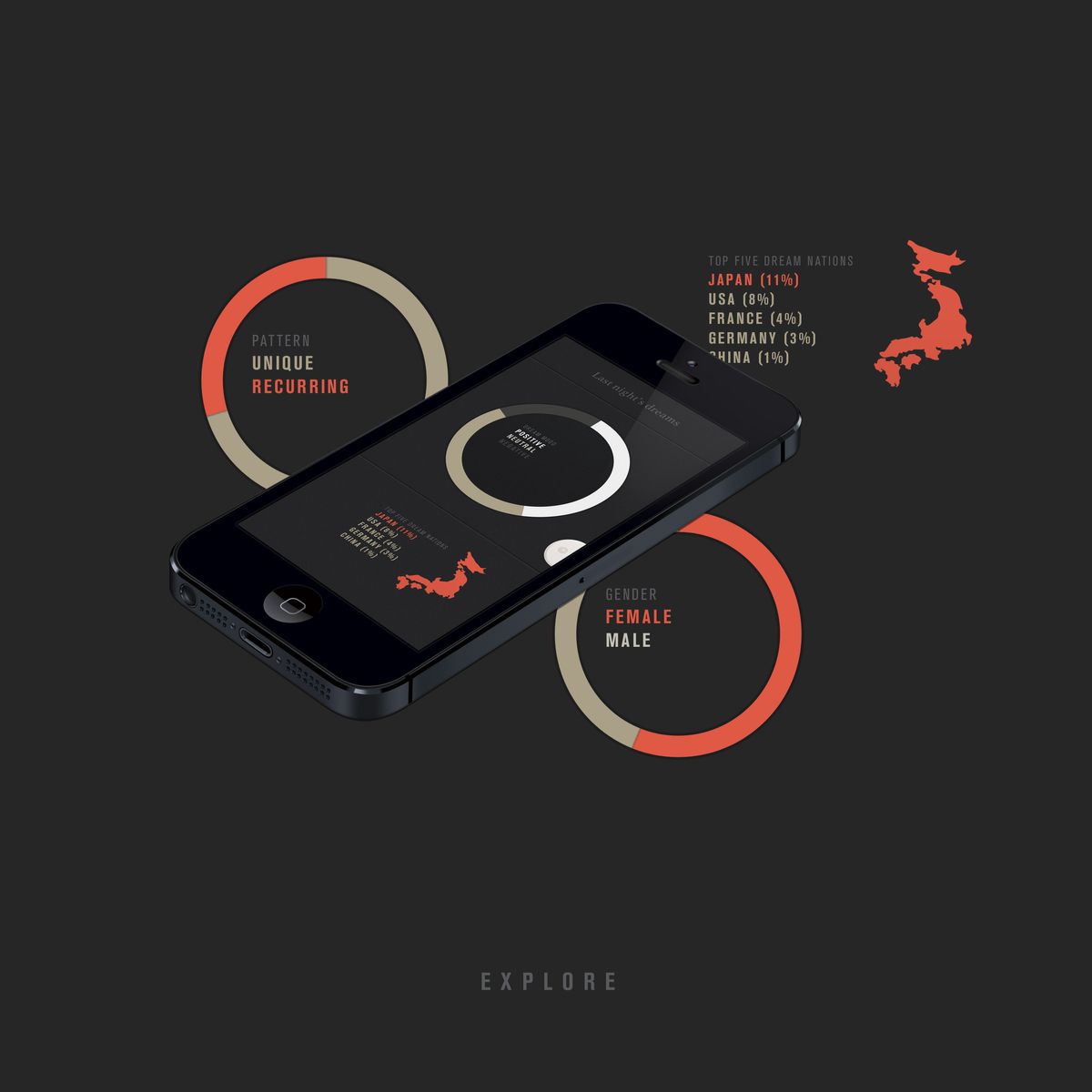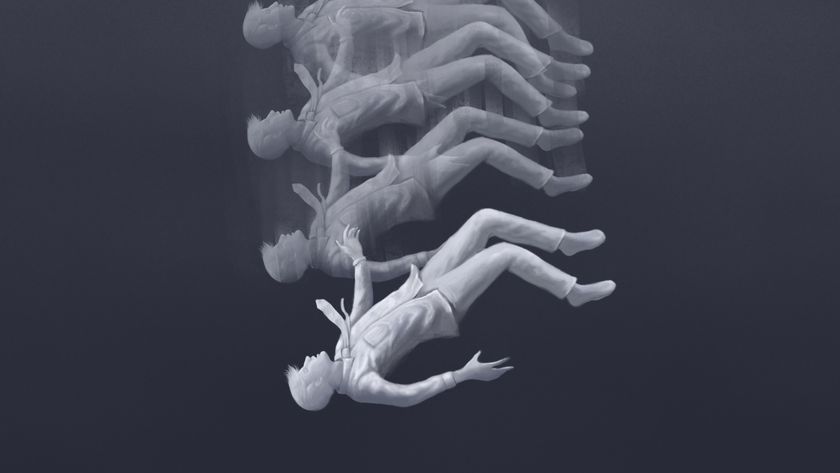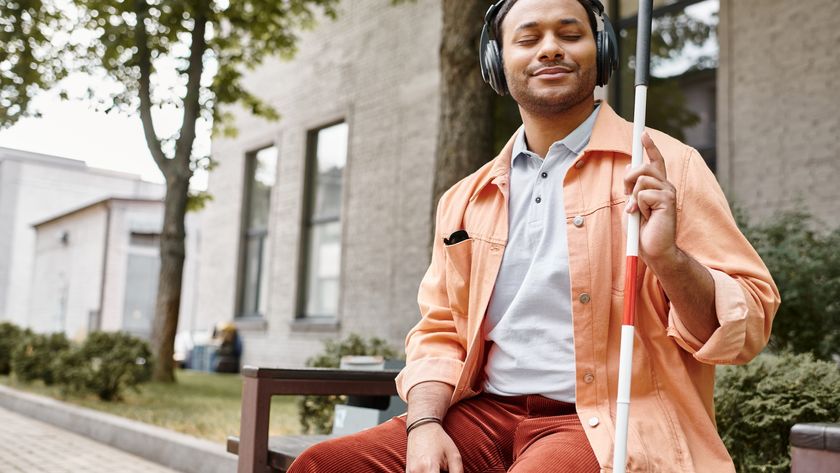What the World Dreams About: Mind-Bending App to Find Out

The bizarre tales that flow through the sleeping mind vanish, as though they never happened, soon after a person awakes. But a new app aims to keep dreams alive — helping people remember, document and share their dreams — while building a large and growing database of snooze stories from around the world and through time.
The new app, called SHADOW, is currently only available with invitation, but its founders have launched a campaign on the online crowdfunding platform Kickstarter to raise money to build the app on a wider scale.
SHADOW helps people remember their dreams by offering several services: an ascending alarm clock that makes the transition from sleep to wakefulness smooth, and a voice-activated digital-recording or typing feature. The documented dreams could be kept private or pushed to the cloud and shared with others. [7 Mind-Bending Facts About Dreams]
The collective dream journal could perhaps not only reveal interesting patterns for each dreamer but also become a rich inventory for scientists to tap into when studying various aspects of dreams, said hunter lee soik, the app's founder, who prefers his name written in lowercase.
"We generate so much data in dreams that is free from the confines of the physical world but haven't yet found a way to harness it as another point of reference for self-reflection," the SHADOW team wrote in a statement.
Most people dream during sleep, but the images and stories that dance through the brain — no matter how vivid and sophisticated — are, for the most part, immediately forgotten, scientists say.
In an age when many aspects of humans' lives — including what people ate, how many steps they took in a day and even how quickly the heart beats — are measured and recorded by an array of gadgets, SHADOW builders want to introduce a psychological layer and meaning on top of the technology that is already helping to quantify people's lives.
Sign up for the Live Science daily newsletter now
Get the world’s most fascinating discoveries delivered straight to your inbox.
"What does quantifying all this data mean? What happens when you take all these data and bring it back to yourself?" soik said.
"If you walked 10,000 steps one day, are you falling sleep faster? Are you recording more positive dreams?" said soik, an innovation strategist who changed gears from the fashion and entertainment industries to build the dream app with a group of dream researchers and neuroscientists.
"SHADOW picks up where Freud and Jung left off," the team said, referring to the work on dream research done by psychologists Sigmund Freud and Carl Jung in the 20th century.
For today's researchers who study dreams, the data sets are usually too hard to gather and too small, soik said, adding that the community of dreamers can change that by providing massive amounts of data.
"Could you imagine what would have happened if [Freud or Jung] had this technology then?" soik said. "I think we'll be able to move very fast, using the foundation they laid and actually testing the theories with large groups of people, not just one-at-a-time patients coming to the office."
Email Bahar Gholipour. Follow LiveScience @livescience, Facebook & Google+. Original article on LiveScience.













